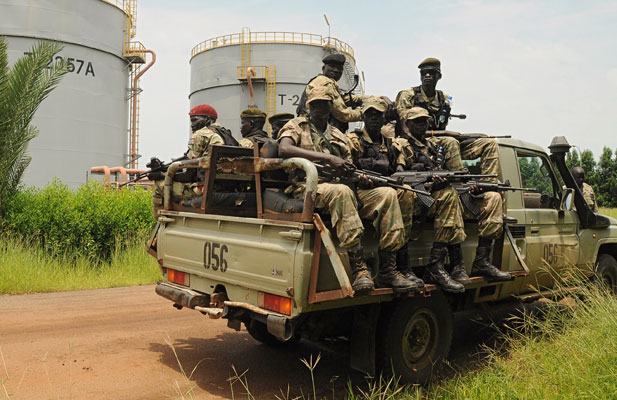In December 2013, following a political struggle between Salva Kiir and Riek Machar that led to Machar's removal as vice president, violence erupted between presidential guard soldiers from the two largest ethnic groups in South Sudan. Soldiers from the Dinka ethnic group aligned with Kiir and those from the Nuer ethnic group supported Machar. Amid chaos, Kiir announced that Machar had attempted a coup, and violence spread quickly to Jonglei, Upper Nile, and Unity states. From the outbreak of conflict, armed groups targeted civilians along ethnic lines, committed rape and sexual violence, destroyed property, looted villages, and recruited children into their ranks.
Read more here, here and here!

Comments
Post a Comment